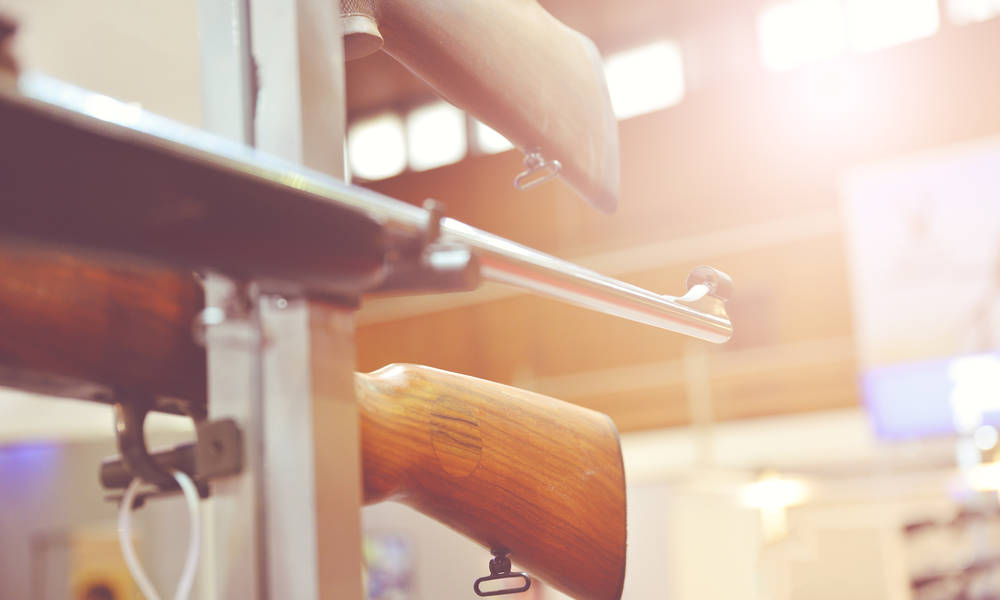
ATF Teams With Trade Group to Prevent Gun Store Thefts
The National Shooting Sports Foundation is collaborating with the Bureau of Alcohol, Tobacco, Firearms and Explosives on a campaign to help educate gun store owners so as to prevent the theft of weapons from gun shops—guns that often are used in violent crimes.
The National Shooting Sports Foundation is working with the federal government to help prevent thefts from gun stores.
NSSF, which represents a wide array of manufacturers, retailers, and distributors, announced recently that it would collaborate with the Bureau of Alcohol, Tobacco, Firearms and Explosives (ATF) on a new initiative to help improve store security. The initiative, called Operation Secure Store, aims to inform licensed gun retailers about the steps they can take to deter and prevent thefts.
This isn’t the first collaboration ATF and NSSF have made—notably, they’ve collaborated in the past on an effort to match rewards in theft cases. However, the new initiative extends existing efforts and would effectively double the money that would be offered as rewards to the public.
Additionally, the program would increase education efforts so that gun owners know how to better secure their stores.
In comments on the new campaign, NSSF President and CEO Stephen L. Sanetti noted that the association’s approach was to offer a variety of options to gun shop owners.
“No one wants to prevent the theft of firearms more than the licensed retailers that sell them,” Sanetti said in a news release. “There is no one-size-fits-all solution to helping prevent thefts from firearms retailers, which is why Operation Secure Store will provide access to information and training to allow retailers to make the decisions that are right for them.”
As noted by Guns.com, the initiative comes at a time when gun thefts are seen as a major community-safety risk. A report by the Center for American Progress last year drew attention to the fact that many weapons stolen at gun shops and from gun owners’ private collections often end up being connected to later violent crimes.
The report adds that lawfully purchased guns are easier to track and stolen guns make it harder to solve crimes:
When a gun is lawfully purchased from a gun dealer, the dealer retains paperwork that identifies this first retail purchaser. The dealer can then provide this information to law enforcement upon request as part of a crime gun trace. This can be a crucial investigatory lead for local investigators working to solve a violent crime. When a gun is stolen from a gun dealer’s inventory, however, this investigative lead immediately goes cold, making it more difficult to identify potential suspects. Guns that are stolen from individual gun owners are similarly untraceable. While ATF can identify the first retail purchaser of a gun, the investigative trail ends when that person reports that the gun has been stolen.
ATF Deputy Director Thomas Brandon echoed this sentiment in the news release.
“It’s clear from the crime guns we recover every day that firearms stolen from FFL retailers are a serious threat to public safety,” Brandon said. “To mitigate this threat, ATF welcomes the opportunity to collaborate with the NSSF to educate and inform FFL retailers on how they can enhance the security of their businesses.”
(Filipovic018/iStock/Getty Images Plus)






Comments